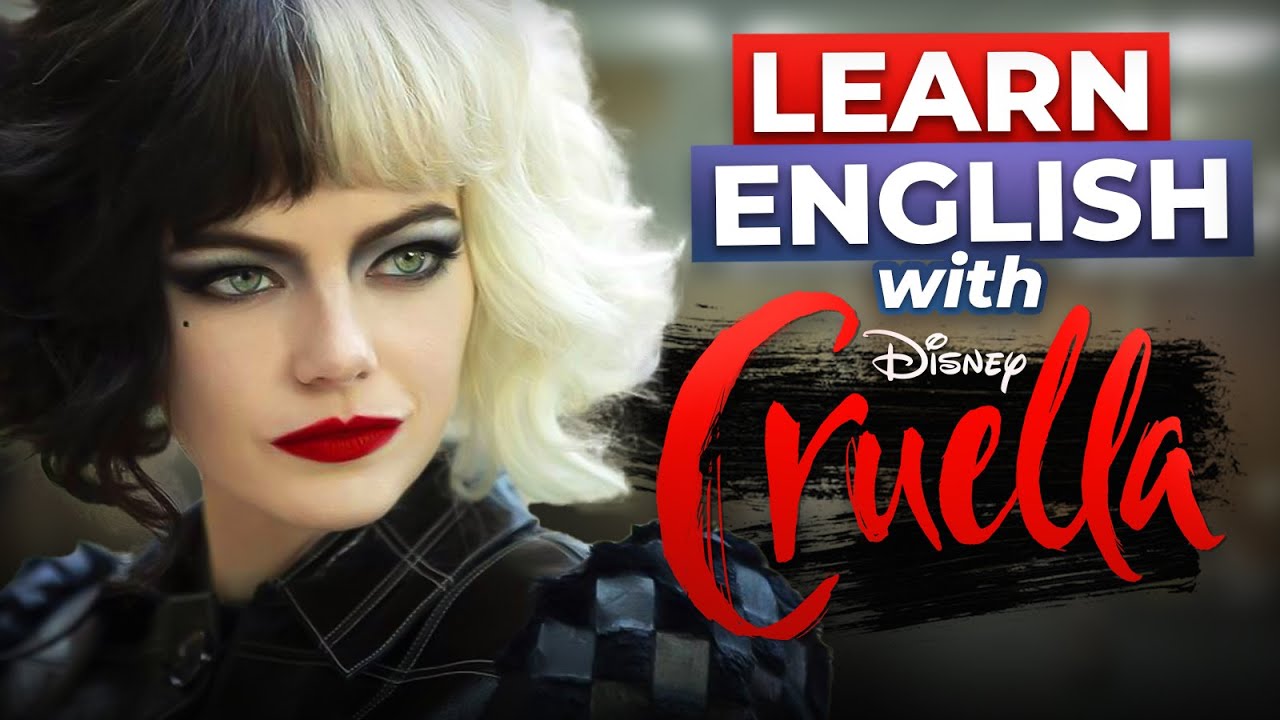Daily British English 🇬🇧 || The British Seaside!! 🌊🍦🇬🇧 || British culture!!! 🐟🍟
Summary
TLDREn este video, Catherine nos lleva a descubrir el encanto del litoral británico, enseñándonos vocabulario marítimo esencial para el inglés diario. Aprendemos expresiones como 'do you fancy a dip' y 'chicken', y exploramos costumbres como comer fish and chips y usar medias con sandalias. Descubrimos también cómo los británicos se relajan en la playa, dejando de lado la etiqueta y permitiendo que su lado más infantil salga a la luz. El video nos invita a visitar una playa en Gran Bretaña para experimentar la cultura y disfrutar de la comida típica, mientras observamos el paisaje y nos sumergimos en el ambiente relajante del mar.
Takeaways
- 🌊 El video enseña vocabulario relacionado con el mar y la cultura británica, especialmente en la playa.
- 🏖️ La playa en el Reino Unido es un lugar para relajarse y disfrutar, donde la gente se comporta de manera más informal y despreocupada.
- 🤿 'Fancy a dip?' es una expresión para invitar a alguien a nadar en el mar, y 'chicken' se usa para describir a alguien que tiene miedo de hacerlo.
- 🏰 Construir castillos de arena es una actividad común en las playas británicas; 'moat' es una palabra clave que significa 'foso'.
- 🐟 'Fish and chips' es un plato tradicional en la playa, y se utilizan expresiones específicas al pedirlo, como 'do you want that wrapped?' y 'salt and vinegar?'.
- 🧦 Las sandalias con calcetines son un estereotipo asociado a los británicos en la playa, una moda peculiar pero común.
- 🌊 'Turquoise' es una palabra avanzada para describir el color del mar, una mezcla entre verde y azul.
- 🌊 El término 'tide' se refiere a las mareas, y 'shoreline' a la zona donde las olas llegan a la playa.
- 🏊 'Current' describe las corrientes marinas, que pueden ser peligrosas si son fuertes.
- 🚢 Los niños a menudo inventan historias sobre los barcos que ven en el horizonte, una actividad común en la playa.
Q & A
¿Qué tipo de contenido se puede esperar en el canal de YouTube de Catherine?
-Se puede esperar contenido en inglés natural y actual, sin material anticuado que no se utilice en la vida diaria.
¿Por qué es importante el mar para los británicos según el guion?
-El mar es importante en el Reino Unido porque es un lugar donde las personas pueden divertirse y dejar de lado su comportamiento controlado y cortés de la vida diaria.
¿Qué se aprende en el video sobre Brighton Beach?
-Se aprende vocabulario relacionado con la playa y la cultura del mar en el Reino Unido, incluyendo expresiones y costumbres típicas.
¿Qué significa 'do you fancy a dip' en el contexto del mar?
-En el contexto del mar, 'do you fancy a dip' significa si alguien desea bañarse o sumergirse en el mar para refrescarse.
¿Qué es un 'moat' y cómo se relaciona con las actividades en la playa?
-Un 'moat' es un foso que se cavó alrededor de un castillo de arena para que el mar, cuando sube la marea, lo rodee como un moat en un castillo.
¿Cómo se puede pedir 'a small Cod and Chips' en un restaurante y qué preguntas se hacen comúnmente después de la orden?
-Se puede pedir 'a small Cod and Chips' diciendo la orden exacta, y después de la orden, se pueden hacer preguntas rápidas como si se desea que lo envuelvan, si se desea sal y vinagre, o ketchup o mayonesa.
¿Qué es la moda de usar 'socks and sandals' y por qué es considerada extraña?
-El usar 'socks and sandals' es una moda que consiste en poner calcetines con sandalias, lo cual es considerado extraño y un tanto inútil, pero cómodo.
¿Cómo se describe el color del mar en el guion y por qué se utiliza esa descripción?
-El color del mar se describe como 'turquesa', una tonalidad de azul, para describir el color verde-azulado que a menudo tiene el mar en el Reino Unido.
¿Qué es 'the shore' y cómo se relaciona con la actividad de la marea?
-El 'shore' o 'shoreline' es el lugar donde el mar se encuentra con la playa, y es donde las olas chocan contra la orilla. La marea, que se refiere al mar entrando y saliendo, afecta directamente a esta zona.
¿Qué significa 'the Tide's coming in' y qué implicaciones tiene para las personas en la playa?
-'The Tide's coming in' significa que el mar está subiendo la marea, lo que puede requerir que las personas muevan sus pertenencias para evitar que se mojen.
¿Qué se aprende sobre la cultura del mar y las actividades relacionadas en el Reino Unido a través del guion?
-Se aprende que la cultura del mar en el Reino Unido incluye actividades como construir castillos de arena, bañarse, comer fish and chips, usar sandalias con calcetines y disfrutar del paisaje marítimo.
Outlines

Dieser Bereich ist nur für Premium-Benutzer verfügbar. Bitte führen Sie ein Upgrade durch, um auf diesen Abschnitt zuzugreifen.
Upgrade durchführenMindmap

Dieser Bereich ist nur für Premium-Benutzer verfügbar. Bitte führen Sie ein Upgrade durch, um auf diesen Abschnitt zuzugreifen.
Upgrade durchführenKeywords

Dieser Bereich ist nur für Premium-Benutzer verfügbar. Bitte führen Sie ein Upgrade durch, um auf diesen Abschnitt zuzugreifen.
Upgrade durchführenHighlights

Dieser Bereich ist nur für Premium-Benutzer verfügbar. Bitte führen Sie ein Upgrade durch, um auf diesen Abschnitt zuzugreifen.
Upgrade durchführenTranscripts

Dieser Bereich ist nur für Premium-Benutzer verfügbar. Bitte führen Sie ein Upgrade durch, um auf diesen Abschnitt zuzugreifen.
Upgrade durchführenWeitere ähnliche Videos ansehen

Places in a City - Learn English Vocabulary

Learn English With Disney Movies | Cruella

¿CÓMO SE FABRICA EL CEMENTO?

30 House Categories 🏡 Unlock English Terms for Different House Categories & Styles!

Learn English with LOKI | Marvel’s Hit TV Series

"La rebelión de las cañadas" de Carlos Tello Díaz (historia del EZLN)
5.0 / 5 (0 votes)
